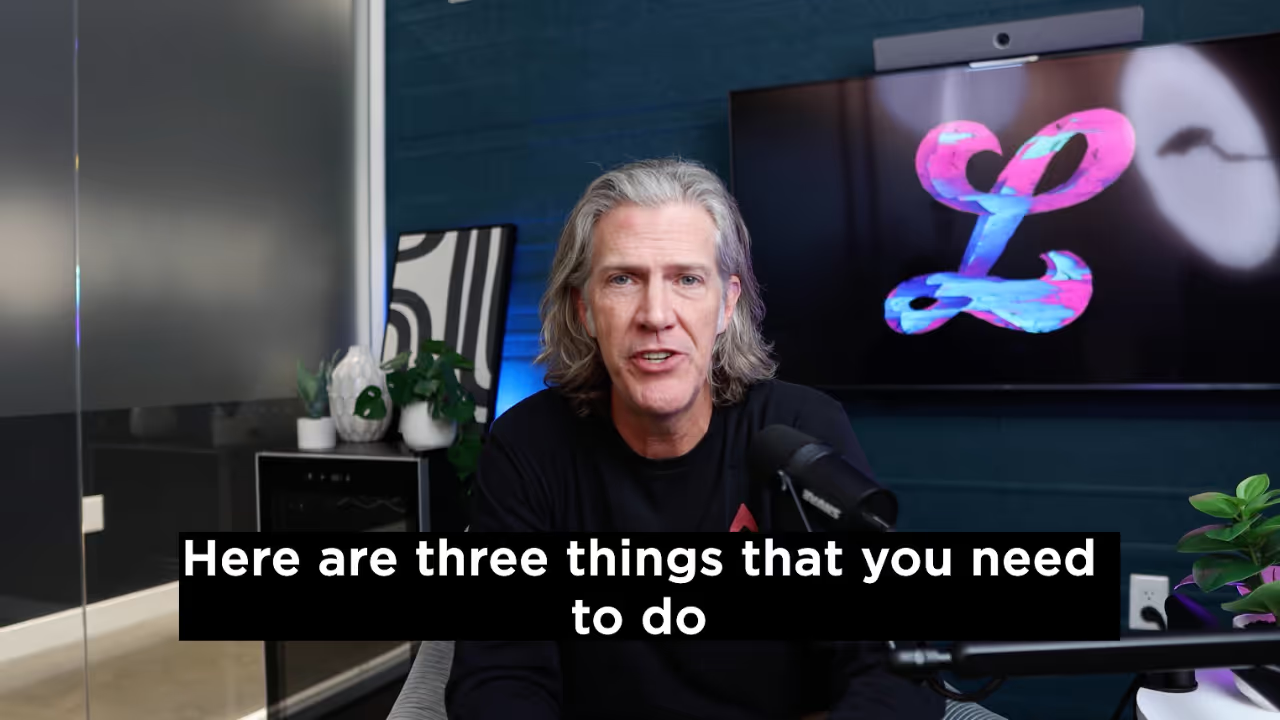1. Timing
As soon as the property title is in your name and the keys are in your hands, the property is your responsibility. So, you’ll need to have the property insured from day 1, which can take multiple days and a bit of back and forth. Your insurance agent will take into account things like the type of roof on the home, age of the property, and even proximity to water. This can all take a bit of time, so you wouldn’t want to wait until the last minute.
2. Escrow Accounts
Most homebuyers use an escrow account to pay for things like insurance premiums and property taxes. (This is usually a loan requirement by lenders, but there are exceptions to waive the need for an escrow account. If you don’t have an escrow waiver, you can assume you’ll have an escrow account.) The calculations for your escrow account are set up well before closing, and your insurance payments need to be included.
What to expect when setting up homeowner’s insurance.
- Choosing an insurance company. This is your decision to make, and we’ll help you along the way. You can search online and get quotes from multiple agents. We’ll also give you our recommendation to get started.
- Getting a home inspection. A huge reason to never waive the inspection on a home is actually for insurance purposes. There may be remedies needed that even the most skilled DIYer can’t fix, and those get sent to insurance. File too many of those claims, and poof your homeowners insurance drops your coverage. So, getting a home inspection helps you identify these things BEFORE buying the house so they can be remedied before possession changes. No insurance claims needed.
- Getting everything covered. In addition to the normal questions your insurance agent will ask, don’t forget to mention any additional coverage you may want, like for personal valuables like jewelry, art and electronics. You may even be able to add coverage for major appliances and your HVAC system. You can ask your agent to go over other items people often have insured to get a good idea.
- Comparing pricing. If you’re reviewing multiple quotes, make sure to look at the full picture, and not just the flat pricing. There are things you’ll want to consider in the event of ever needing to make a claim, like quality of customer service and general reputation.
It’s a bit of a life hack, but one way to find out about an insurance company’s reputation is to speak with someone who works for a home improvement company, like roofing or HVAC, in your area. If they deal with insurance, they’ll know which ones in your area make the claims process easier, have good response times, and great customer service. After all, is the insurance that great if you have to wait 3 months to get a siding project approved?
- Paying your first month’s insurance premiums. This will likely be due at closing, but you’ll know far in advance. Any costs, like insurance premiums due at closing, will be outlined in your loan documents throughout the process.

















.svg)

.svg)















